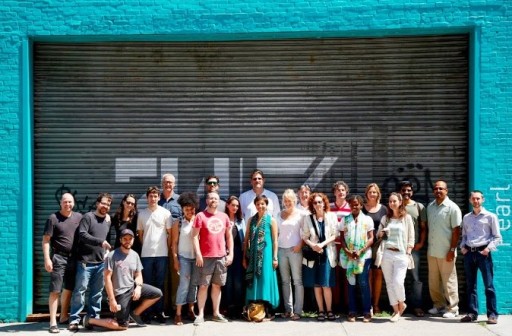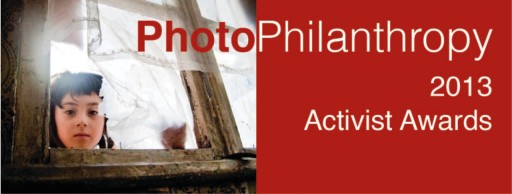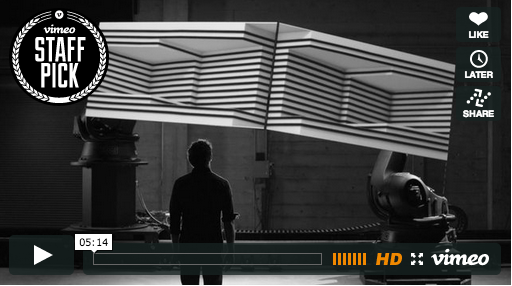
2014 marks our seventh training year at MediaStorm. Each year our workshops attract leading industry professionals looking to advance their multimedia and storytelling skills. Over 100 participants have come through our professional workshops and we continue to be humbled by how much they take away from the experience.
Dana Schiopu, Senior Media Officer at the International Monetary Fund, told us that our Methodology Workshop was a “life changing experience for any media professional.” She said, “Brian and his amazing team revealed all the secrets of some of the most compelling storytelling multimedia communication I have seen so far.”
After taking our Storytelling Workshop, Jillian Kitchener, Visuals Editor for Reuters, had the following to say, “Working side-by-side with the [MediaStorm] team was a great honor. From the first hour, I was immersed in the realm of storytelling. I learned how to find a visually-interesting story as well as interview techniques that encourage your subject to open-up. I learned MediaStorm’s editing workflow including how to build a narrative from the ground up. I learned photo editing techniques, b-roll selection, and tips and tricks to bring audio, visuals and narrative into a cohesive piece.”
In 2014 we’ll be offering three Methodology, three Storytelling, and five One-day workshops at our studio in Brooklyn, NY. We are looking forward to another exciting, innovative and challenging training year. We hope you’ll be able to join us.
(more…)
after years of working in Final Cut Pro. To read more about why we made the switch, check out this post.









